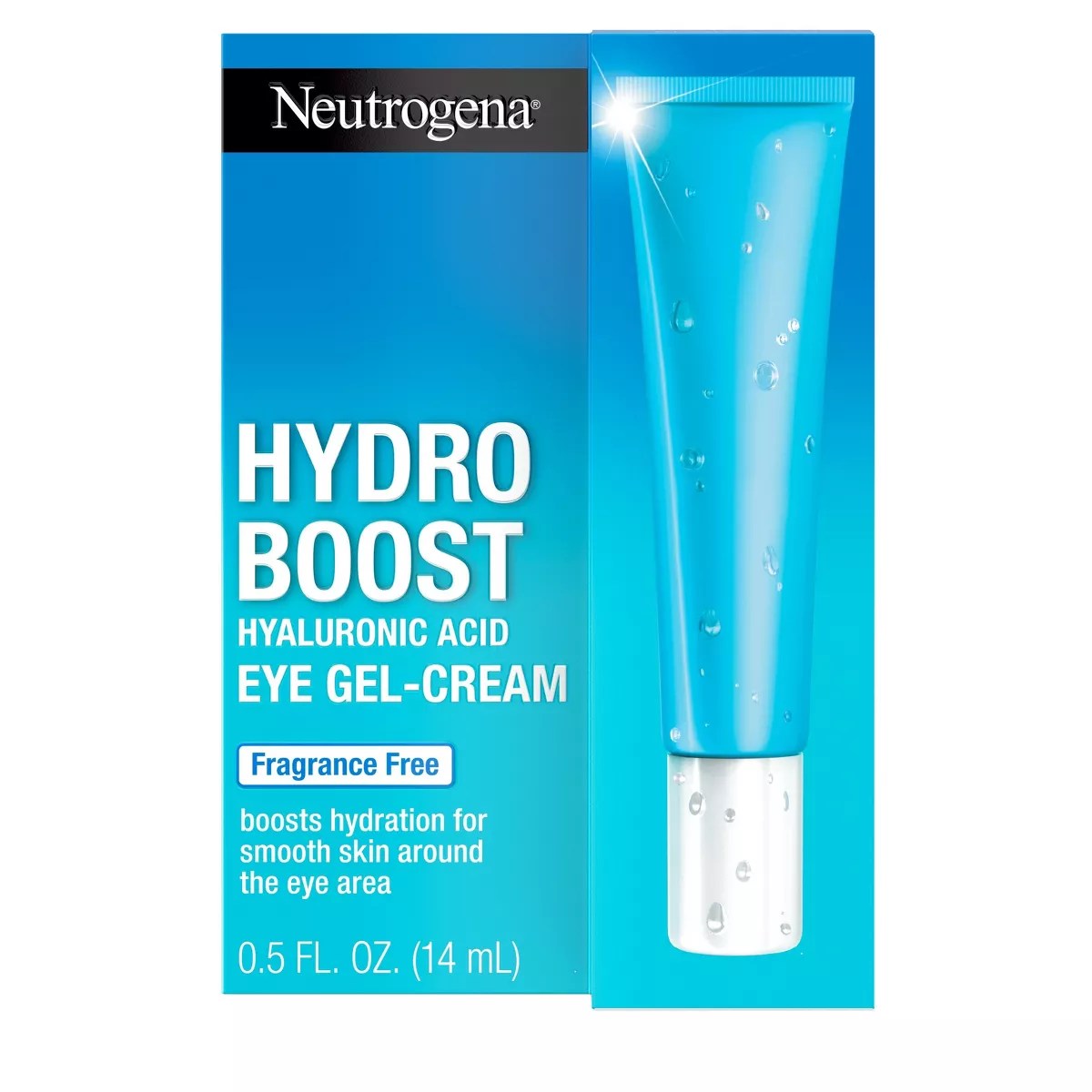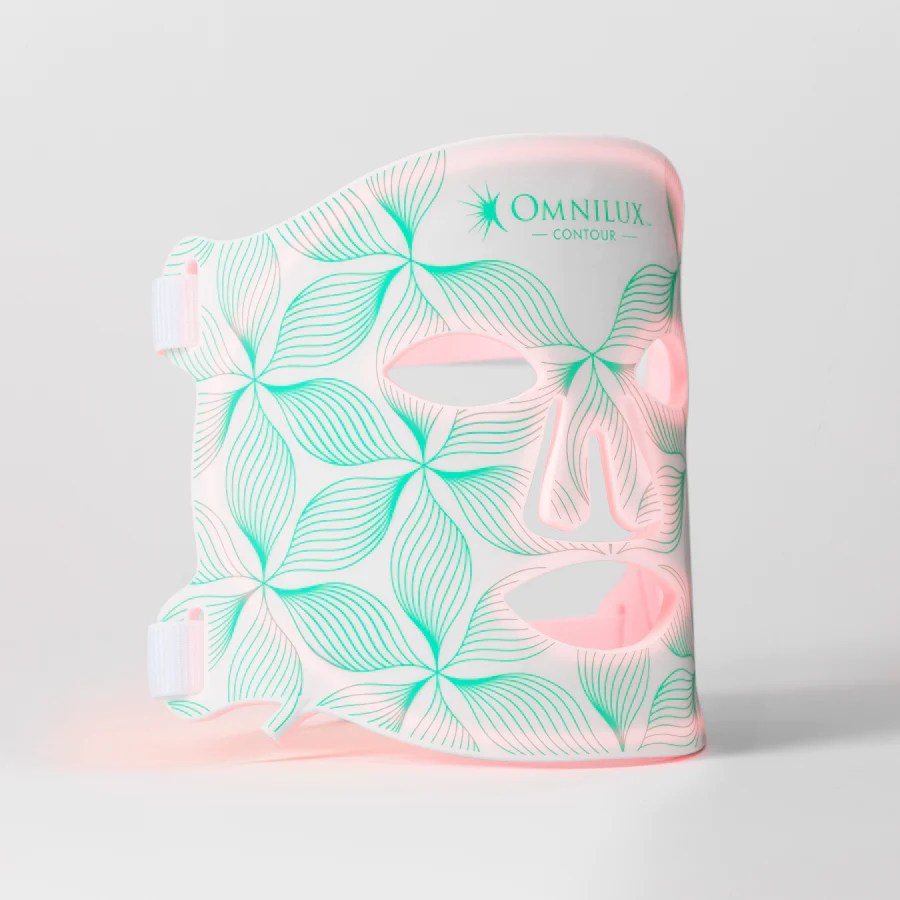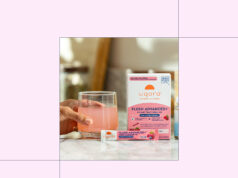I never thought much about my eyelids until fairly recently, when I looked into the mirror and noticed that my eyeshadow wasn’t gliding on as easily as it used to. Upon closer inspection, I noticed the skin looked and felt looser, and there was some wrinkling. The mild crepiness had crept up on me as a consequence of normal skin aging combined with not taking proper care of the area. For some time after this discovery, all I could think about were my eyelids. Despite my hyper-focus on skin care, it had become clear that my neglect caused this gradual yet noticeable change, but I was inspired to take action.
After speaking with several dermatologists for insight on how to treat my crepiness and mild drooping, I learned just how much many of us (myself included) neglect this incredibly sensitive and hard-to-treat area. Why? Because many of us just don’t know how to properly care for our eyelid skin. Below, learn more about what causes eyelid wrinkles and how to treat them at home, along with product and device recommendations to help care for your biggest eyelid concerns.
Why eyelid wrinkles happen
While many of us know how to care for our under eyes, the eyelid area is a bit more elusive despite very similar in make-up and susceptible to the same problems. “The skin around the eyes is 40 percent thinner than the rest of the skin on the face, which means that it is a lot more delicate than other areas of the skin. This is why as you age, the skin around your eyes can sag and develop wrinkles because it has experienced more years of wear and tear in the delicate area,” explains Dendy Engleman, MD, FACMS, FAAD, a board-certified cosmetic dermatologist and Mohs surgeon at Shafer Clinic in New York City.
Think about how much movement your eyelids endure on a daily basis and over the years—including blinking, opening and closing them while you’re talking expressively, and rubbing them when you remove your makeup. These movements are repeated and unavoidable and can cause long-lasting wrinkles that can be extremely difficult to reverse if not treated early on.
Just like with my own eyelid wrinkles, one big reason so many of us are not paying attention to our eyelids is that it’s hard to see the skin changing until the damage is already done. ”One of the problems of treating eyelid wrinkles is that by the time someone notices the wrinkles, they are already static, which means they are there without the eyelids moving,” says Kseniya Kobets, MD, Director of Cosmetic Dermatology, Montefiore Advanced Care in Westchester, New York. “Dynamic wrinkles are those that appear when somebody smiles or squints but are not etched in like static wrinkles, which takes years to do.”
Common causes of eyelid wrinkles
1. Natural eyelid movement
As you already know, there is continuous movement in the eye area that cannot be fully stopped, explains Dr. Kobets. Consider the number of times a day that you blink, making developing eyelid wrinkles almost inevitable without proper care.
2. Aging/Loss of collagen
“As we age, our bodies naturally produce less collagen,” says Dr. Engleman. Collagen is the protein that is responsible for skin elasticity and hydration, so as our collagen levels decrease, the skin creates wrinkles because it becomes thinner and less elastic.” Dr. Kobets notes that not only does collagen production begin to decline in our 20s (at a rate of 1 percent per year), but drops in estrogen due to menopause decrease collagen production even more.
3. Sun exposure
Being out in the sun can cause wrinkles anywhere and everywhere on your body, including—you guessed it—on your eyelids. “Exposure and overexposure to the sun causes changes to our skin,” says Dr. Engleman. “In particular, the sun’s UV rays damage the elastic fibers that keep the skin firm; with accumulated sun exposure over time, wrinkles develop.”
4. Tugging, rubbing, or pulling at your eyelids
“Being too aggressive with the eyes, whether that be rubbing, pulling, or applying pressure, can stretch the skin around the eyes and cause premature signs of aging, like wrinkles,” says Dr. Engleman. All of this tugging and rubbing and pulling happens when we scratch or rub our eyes, don’t apply eye cream properly (which, for what it’s worth should be done with soft, tapping motions), and also when we scrub off our eye makeup. Not being gentle with this area can weaken the skin, thus making it more susceptible to wrinkles. “Moving the skin there can also form temporary wrinkles, which over time, become permanent,” adds Dr. Engleman.
5. Dry or dehydrated eyelids
Dry or dehydrated skin exacerbates wrinkling all over, and your eyelids are no exception. “Keeping your eyelids hydrated helps to maintain a healthy skin barrier. The skin barrier works to fight external aggressors, such as sun damage, and having protection against these things can prevent or prolong the onset of wrinkles. When the skin around your eyes is dry, it’s usually weaker, so it becomes more susceptible to harm,” says Dr. Engleman.
6. Smoking and pollution exposure
Whether it’s a bad habit that’s avoidable, such as smoking, or unavoidable pollution from the environment, eyelid skin that repeatedly comes into contact with either over periods of time can deeply penetrate the skin and cause wrinkling.
How to treat eyelid wrinkles
1. Be gentle!
“When cleansing or touching the eyes, be sure to use only very light pressure, and avoid rubbing or tugging at the delicate eye area,” says Dr. Engleman.
2. Choose gentle and fragrance-free products
Because the skin is so much thinner and more delicate on the eyelids, opting for products that minimize irritation is key. Look for “fragrance-free” printed on products.
3. Add an eye cream to your routine
“Eye creams are a great, easy way to give the eyelids a little extra attention and care. Eye creams moisturize the skin, help stimulate collagen, reduce fine lines, and improve dark circles,” says Dr. Engleman. Looking for a great product? See some great recommendations at the end of this article.
4. Use a gentle eyelid scrub
Eyelid scrubs are not the everyday physical exfoliants you use to get rid of dead skin cells and other buildup on the rest of your face. “Eyelid scrubs are more like cleansers that sanitize and soothe your skin, especially when there is irritation and inflammation,” says Dr. Engleman. “They are designed to wash away dead skin and bacteria from the eyelid, which can help to leave them healthier and stronger to resist wrinkle formation.” Though beneficial for treating eyelid wrinkles, she cautions that overuse of these scrubs can cause irritation to sensitive skin.
5. Wear sunscreen daily
A skincare to-do list would be incomplete without a, “Wear your sunscreen every day!!!!” exclamation. Integrating sunscreen into your daily routine is crucial—and I can’t overstate that enough—for preventing future wrinkles from forming.
6. Treat underlying skin issues
Dr. Kobets stresses the importance of treating any allergic contact or irritant contact dermatitis in the eyelid area before attempting to diminish wrinkles. These underlying issues can weaken the skin barrier, and make it extremely difficult for your complexion to tolerate topical wrinkle treatments.
7. Try an at-home LED therapy device
“At-home LED red light devices could be a useful and low-risk treatment that could be done for 10 to 20 minutes for three times a week or as per the device recommendations,” says Dr. Kobets. “I recommend going with a company that is peer reviewed and has good science behind it.”
8. Treat yourself to a lymphatic drainage massage
“Any roller devices that will enhance lymphatic drainage or vascular drainage of the area will help decrease swelling and inflammation [around the eyes],” says Paul Jarrod Frank, MD, celebrity cosmetic dermatologist and owner of PFRANKMD in New York City. Dr. Kobets adds that though jade rollers and Gua Sha massagers offer benefits to the eye area, they will not immediately help with fine lines and wrinkles around the eyes but will rather improve the long-term health of the skin around the area by increasing circulation.
9. Opt for a pro-grade treatment
In addition to the at-home treatments and lifestyle tweaks listed above, Dr. Kobets praises the use of low-dose neuromodulators like Dysport or Botox to prevent the deepening of wrinkles and etched-in lines from excessive eyelid movement. “I would say that early, preventative neuromodulator treatment with Dysport and Botox in the crow’s feet area, a non-irritating, gentle skin-care routine…and preventative treatments like at-home LED devices and in-office chemical peels and lasers—all work together to maintain the skin around the eyes.”
The best ingredients for eyelid wrinkles
Unsurprisingly, many of the skin-care ingredients you use on the rest of your face also work well on the eyelids. “They’re the same things we use everywhere else on the face, just generally in a lower concentration,” says Dr. Frank. There are also many products that immediately diminish the look of fine lines and wrinkles and make the lids appear plumper (more on that in a few).
- Topical retinoids to help rebuild collagen and elastin over time, increase cell turnover
- Vitamin C to protect against photoaging and hyperpigmentation
- Peptides to increase collagen production
- Humectants (i.e. glycerin and hyaluronic acid) to strengthen the skin’s barrier
- Emollients (i.e. ceramides and dimethicone) to lock in moisture
- Antioxidants to protect against free radicals and environmental stressors, such as pollution
Risks of treating eyelid wrinkles with OTC products
“The skin around the eyes is thin and prone to increased absorption and irritation. I would recommend avoiding products that have fragrance or high concentrations of retinoids or vitamin C,” says Dr. Kobets. She also warns against using these harsh ingredients if the skin barrier is disrupted, or if you have active eczema or dermatitis.
“As far as vitamin C, which can be irritating due to the low pH, it is possibly better to start with a vitamin C derivative, like tetrahexyldecyl ascorbate. Also, I would strongly suggest avoiding chemical SPF ingredients, such as avobenzone and oxybenzone, which could be allergenic, and also possibly hormonal disruptors on the skin. These also tend to burn in the eyes when sweating.” “Also, avoid formaldehyde and formaldehyde releasers (which can appear on ingredient labels under a variety of names) as they can cause irritation and exposure to formaldehyde, a known carcinogen. Stay away from physical exfoliants and any products with particles that can scratch the eyelids or enter the eye and cause damage,” adds Dr. Engleman.
The best products for treating eyelid wrinkles
Topical products
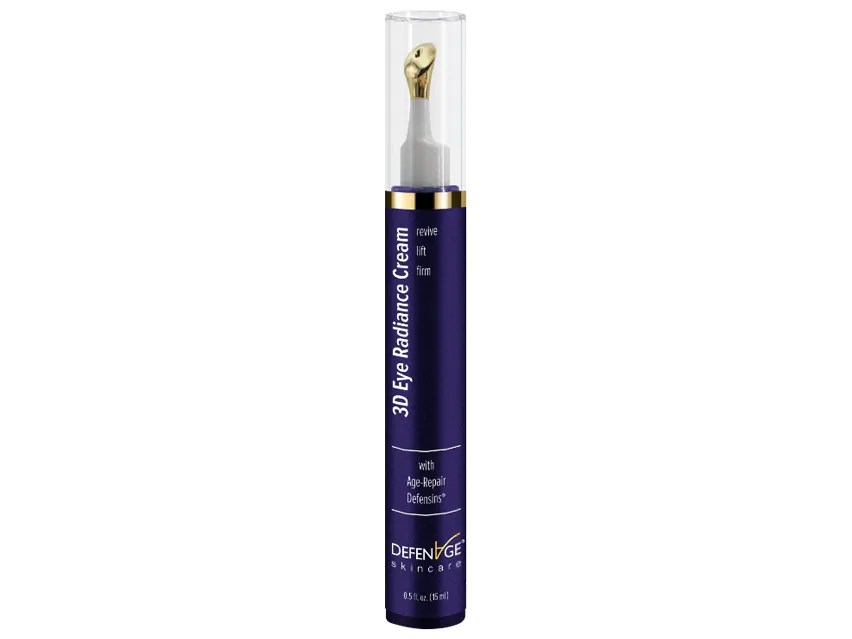
Defenage, 3D Radiance Eye Cream — $127.00
An award-winning eye cream, this one contains, amongst many amazing ingredients, hyaluronic acid that promotes hydration and improves the texture of the eyelids, leaving you with smoother and more even skin. The metal applicator with Cooling Tip Technology, allows for an easy, and gentle finger-free application.
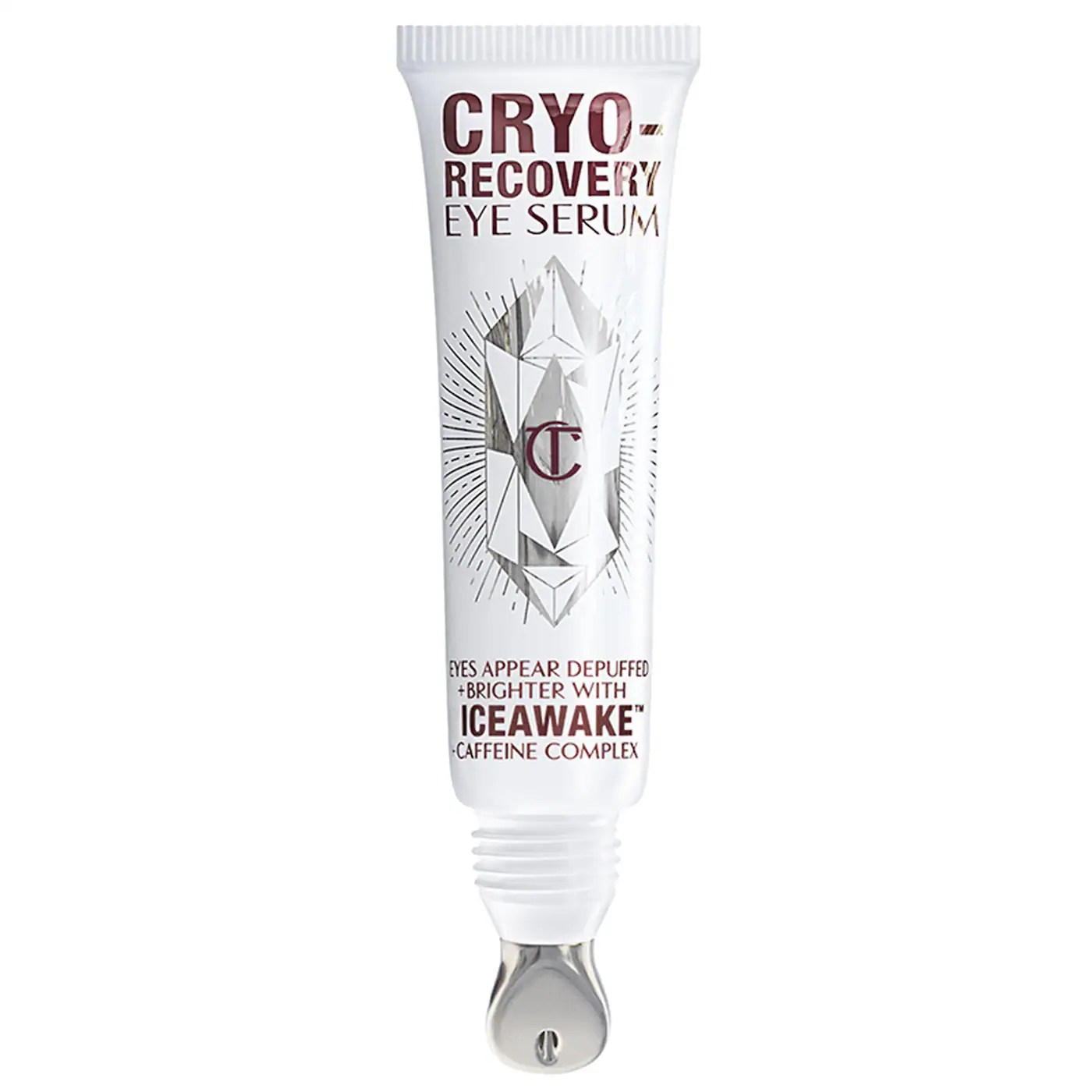
Charlotte Tilbury, Cryo-Recovery Eye Serum — $70.00
“Another one of my go-to’s is the Charlotte Tilbury Cryo-Recovery Eye Serum,” says Dr. Engleman. “This contains caffeine, antioxidants, peptides, and extracts from Swiss glacial soil and Swiss ice wine that gives the serum a cooling feel. It works to quickly reduce puffiness and wake up tired-looking eyes while hydrating and supporting the delicate skin of the eyelids. The cooling metal application tip further aids in contouring the eye area.”
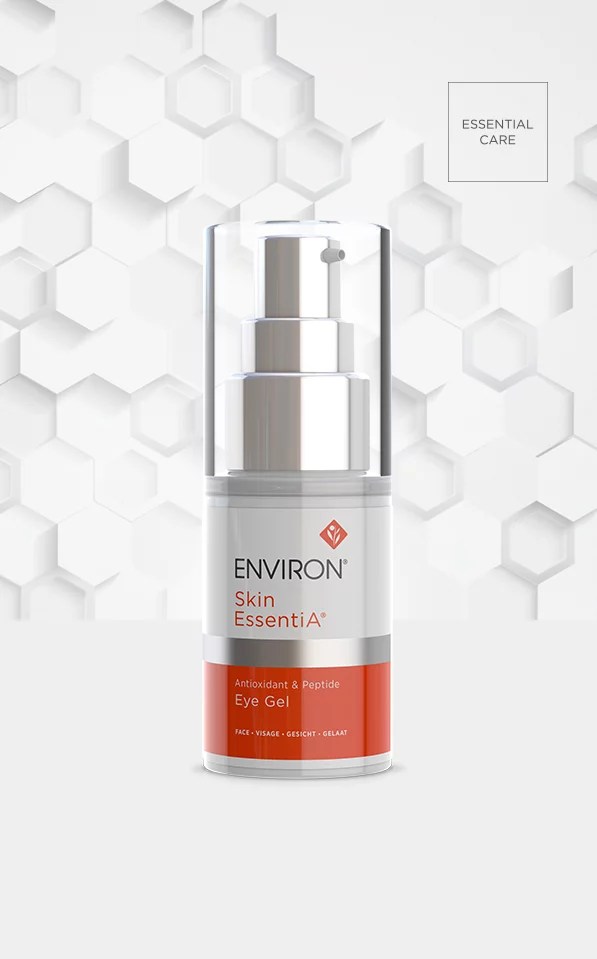
Environ, Antioxidant & Peptide Eye Gel — $58.00
Kristyn Smith, expert esthetician and founder of Practise NYC, uses the Antioxidant & Peptide Eye Gel for clients concerned about their eyelids. “Peptides are a great treatment for the eyelid, specifically Tetrapeptide-7, which promotes firmness and supports skin structure.”
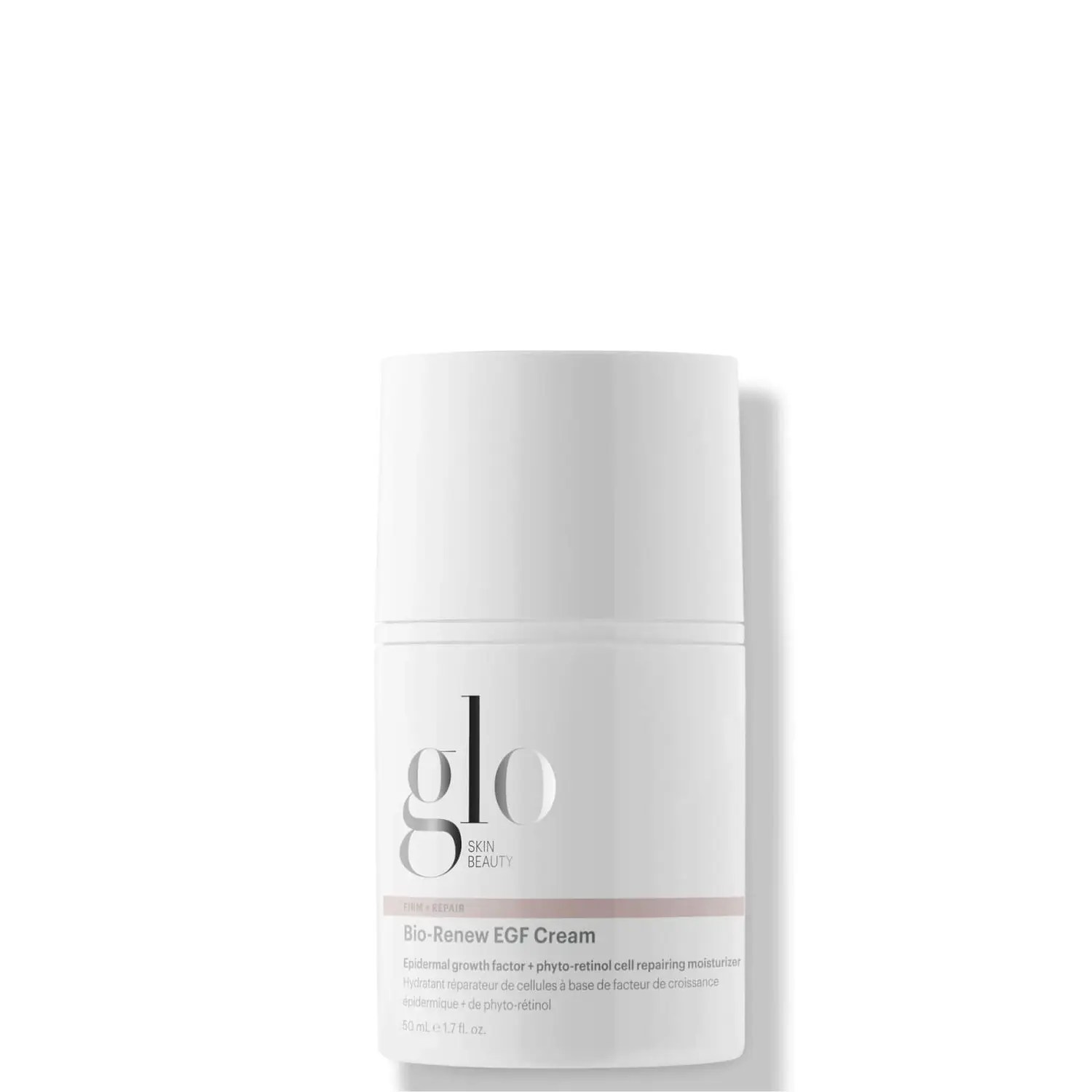
Glo Skin Beauty, Bio-Renew EGF Cream — $175.00
“I co-created a moisturizer with Glo Skin Beauty that is gentle enough for sensitive skin, but has a clinically-proven significant impact on signs of aging: Bio-Renew EGF Cream,” says Dr. Engleman. “This moisturizer is formulated with vegan epidermal growth factor (EGF), which is naturally produced in the body to signal cell repair and stimulate collagen and elastin—perfect for targeting wrinkles around the eyes. The deeply hydrating formula also contains bio-recovery peptides and a non-irritating phyto-retinol blend to repair and strengthen the skin barrier. In clinical trials, the anti-aging and reparative results were outstanding!”
At-home devices
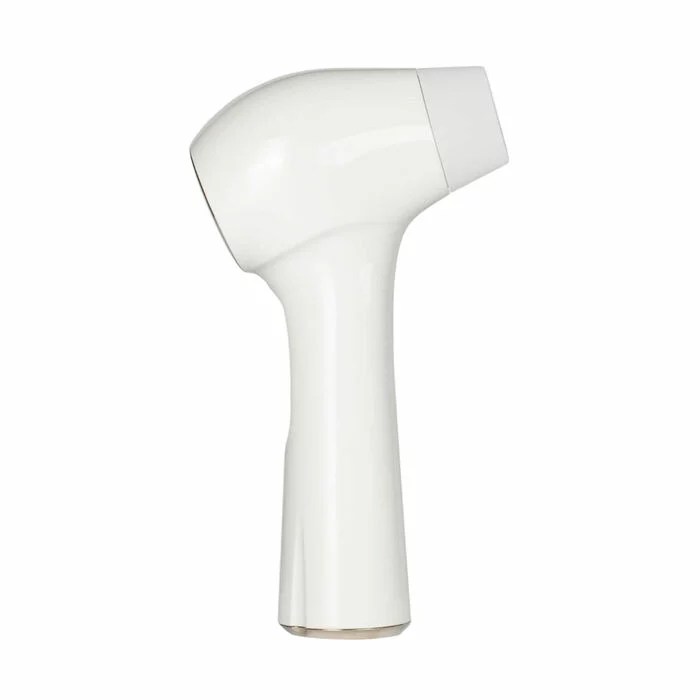
LUMINESS, Conture Kinetic Toning Device — $49.00
“This is one of my favorite at-home products for the eye area and to reduce signs of aging,” says Dr. Engleman. “It’s designed to gently lift the skin while improving circulation and tightening, which is great for treating wrinkles. With continued usage, you are able to thicken the skin over time thanks to an increase in collagen production. This can also be used in more than one area of the skin, designed to target the décolleté, eye area, and forehead. I like this tool because it yields visible results in a short time span.”
Our editors independently select these products. Making a purchase through our links may earn Well+Good a commission.


